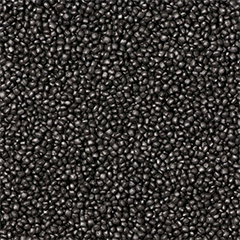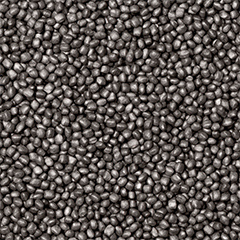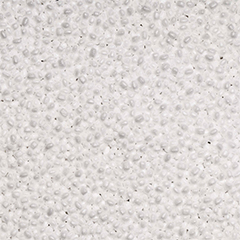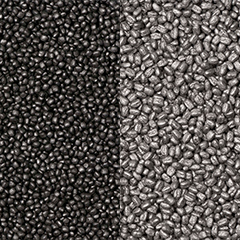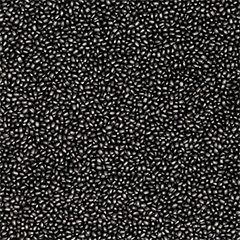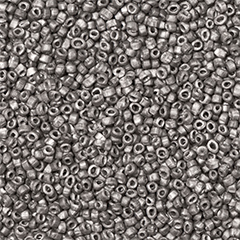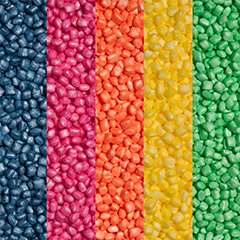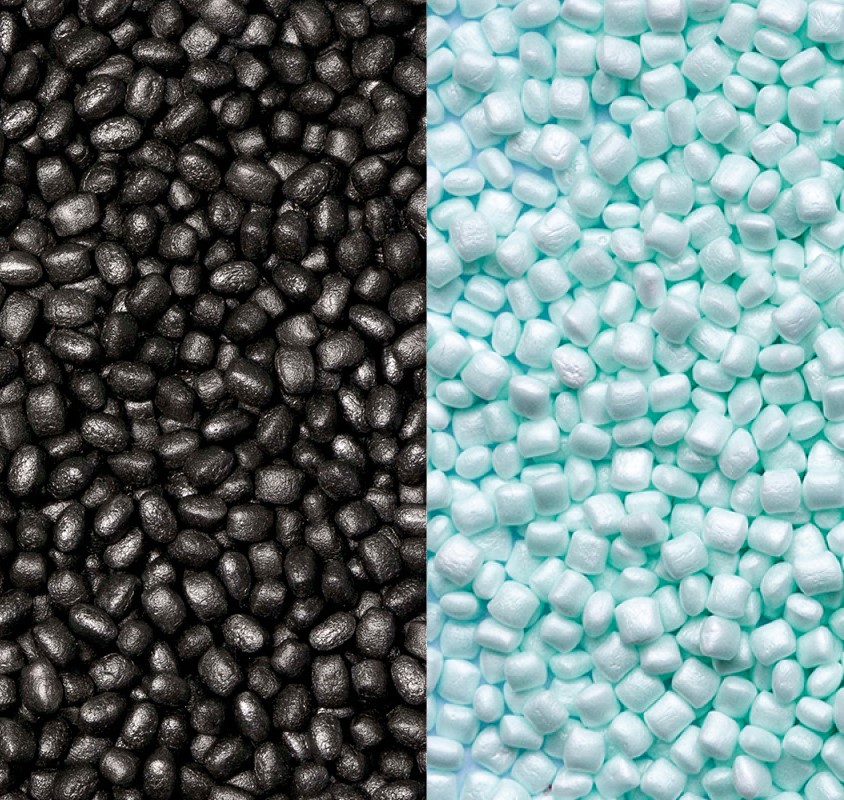Grades
Black
Available in a range of bulk densities from 16 to 200g/l. They are suitable for many types of applications; ARPRO 5130 and grades above 42g/l (except On-site expansion) are approved for food contact.
Depending on density, the weight of each individual particle ranges from 1.20 to 2.00mg, size from 1.5 to 6.0mm. The recommended moulded density range for ARPRO Black grades is from 18 to 250g/l.
The 16 ARPRO Black grades allow for energy and cost efficient moulding, as the material density can be selected for optimal efficiency.
Grey
Available with a bulk density of 33g/l. It is suitable for many types of applications; and is approved for food contact.
Particle weight is 1.20mg, size from 2.5 to 4.5mm. The recommended moulded density range is from 35 to 65g/l.
White
Available in a range of bulk densities from 15 to 50g/l. They are suitable for many types of applications; and are approved for food contact.
Particle weight is 1.20mg, size from 2.5 to 6.0mm. The recommended moulded density range for ARPRO White grades is from 17 to 80g/l.
The 4 ARPRO White grades allow for energy and cost efficient moulding, as the material density can be selected for optimal efficiency.
Application specific
Available with a bulk density of 35 to 52g/l. Particle weight ranges from 0.50 to 1.20mg, size from 2.0 to 4.5mm.
The recommended moulded density range for ARPRO Application specific grades is from 38 to 83g/l.
The ARPRO Application specific grades have distinct characteristics.
- Fire retardant - meaning it reduces flammability and delays combustion. ARPRO FR is self-extinguishing and like all our other material is manufactured without the use of environmentally harmful halogenated chemicals and meets the exacting standards for flame retardant materials.
- Electro static discharge protection - which protects from all that pesky static energy. Perfect for protecting sensitive electronic equipment, ARPRO 5135 ESDP has a permanent surface resistance of less than 107Ω (ohms) and ARPRO 5152 ESDP has a permanent surface resistance of less than 108Ω (ohms).
- Low stick /slip - allowing products to smoothly glide over each other or other surfaces without making a noise.
- Complex geometry - perfect for parts with intricate detail, thin walls, complex components or that need to be small.
- UV Resistance – ARPRO 5135 UV offers improved UV resistance for demanding outdoor applications, offering protection from colour degradation due to sunlight exposure. ARPRO 5135 UV is tested and evaluated to strict ISO 105-A02 standards, which verify that ARPRO 5135 UV performs significantly better than ARPRO Black for a wide variety of UV exposure conditions
- ARPRO 5195 RR is intended to reduce the electromagnetic interference between sensors. A 1-cm thick plank of this material helps to reduce the power of a radar signal with a frequencey of 75-80 GHz by nearly 20dB, meaning by a factor of 100!
On-site expansion
Available in black in two bulk densities, 53 and 75g/l. Particle weight is 1.00mg and size from 2.0 to 3.5mm. The material is shipped at its bulk density and then expanded at the moulding site to achieve bulk densities as low as 16g/l, allowing transport cost savings and efficient moulding due to tailored densities. The recommended moulded density range for ARPRO On-site expansion grades is from 18 to 77g/l.
The two ARPRO On-site expansion grades allow for energy and cost efficient moulding, as the material density can be selected for optimal efficiency. ARPRO On-site expansion allows moulders to control every step of the process from tolerances to moulding performance.
Porous
Available in grey at bulk densities of 25 and 36g/l. Suitable for many types of applications and are approved for food contact.
Particle weight is 1.50mg and size from 2.0 to 6.0mm.
The recommended moulded density range for ARPRO Porous grades is from 30 to 55g/l.
The two ARPRO Porous grades allow for energy and cost efficient moulding, as the material density can be selected for optimal efficiency.
ARPRO Porous absorbs, blocks and dampens sound over a 400 to 10,000Hz frequency range and is one of the very few noise absorbing materials that is shape mouldable.
ARPRO Porous is unlike many other acoustical materials; it is not fibrous, discharges no particles when abraded, requires no significant installation structure as it is rigid and self-supporting and is great at connecting to cut or pour in materials which eliminates any possible material against material noise. As with all ARPRO materials, it also absorbs impact energy.
Colours
Available with a bulk density of 33g/l and suitable for many types of applications and are approved for food contact.
Particle weight is 1.20mg, size from 2.5 to 4.5mm.
The recommended moulded density range for ARPRO Colours is from 35 to 65g/l.
The six ARPRO Colours are; Blueberry, Dragon Fruit, Orange, Lemon, Lime and Cranberry.
Recycled
ARPRO 5133 RE and ARPRO 5121 RE contain 30% recycled content from post-consumer EPP waste. The carbon footprint of these grades is 1.74 kg CO2 eq. / kg ARPRO. This is a 16% reduction in CO2 emissions compared to ARPRO made from virgin raw materials.
ARPRO 5253 RE contains 30% recycled content from post-consumer EPP waste. The carbon footprint of this grade is 1.74 kg CO2 eq. / kg ARPRO. This is a 16% reduction in CO2 emissions compared to ARPRO made from virgin raw materials. ARPRO 5253 RE is for on-site expansion between 16g/l and 42g/l.
ARPRO 35 Ocean is made from 15% recycled maritime industry waste content. It has physical properties and performance comparable to standard ARPRO but as a result of the 15% recycled content from fishing ropes and nets the production generates 7% less CO2 emsisions.
ARPRO REvolution contains 90% recycled content from post-consumer EPP waste. The carbon footprint of this grade is 0.92 kg CO2 eq./kg ARPRO. This is a 55% reduction in CO2 emissions compared to ARPRO made from virgin raw materials.

















